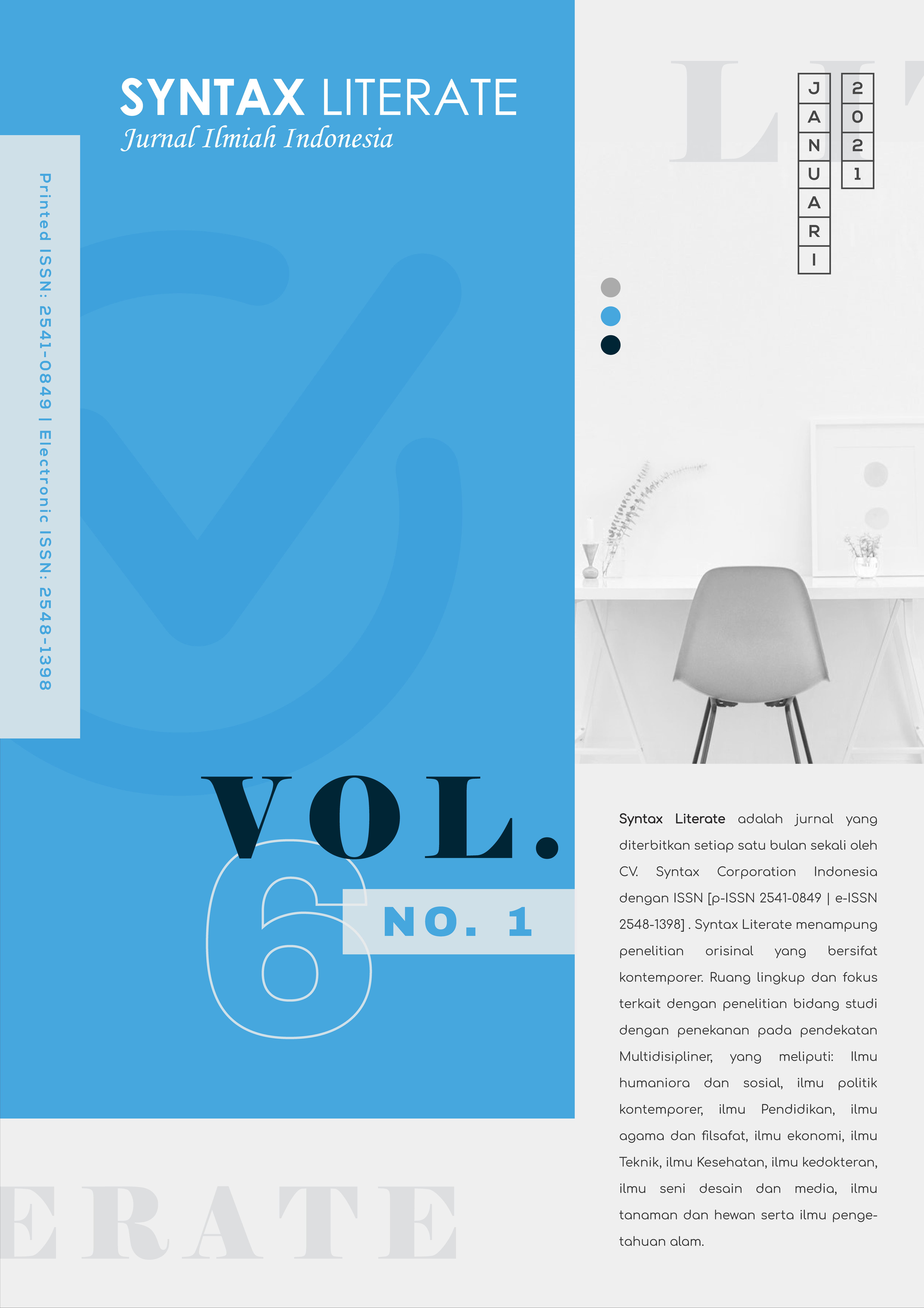The Strategies of Refusing Requests By Students of Different Ethnic Groups
Abstract
This study investigated the strategies used by students of different ethnic groups (Batak, Javanese, and Malay) in refusing requests. A total of 30 participants were involved in this research. Each ethnic group was represented by 10 students that came from three different universities in Medan, Indonesia. Discourse Completion Test (DCT) was used to collect the data. Data were analyzed by using refusal categorization. The results showed that the participants preferred to use indirect refusal strategies to respond to lecturer’s requests, and followed by direct and adjunct strategies respectively. This study also indicated that Batak students performed refusal acts more direct than any other Javanese or Malay students. Meanwhile Javanese students tend to employ refusals more indirect compared to any other students. The Malay students performed the acts moderately. The results indicated that the refusal strategies used by the students of three different cultural backgrounds might be influenced by their cultural circumstances. Future studies should be undertaken to investigate the phenomena in different research settings with more participants to be involved.
Downloads
References
Frankia, B.M. (2015). Invitation refusals in Cameroon French and Hexagonal French, Multilingua, 34 (4) pp.577-603.
Harared, N. (2020). Investigating refusal strategies in situational comedy: A case study of Sheldon Cooper, Ph.D, in: 4th International Conference on Arts Language and Culture (ICAL 2019), Atlantis Press, pp. 477-485.
HÈ•lya, T. (2016). Refusal strategies used by Turkish university instructors of English. Novitas Royal (Research on Youth and Language), 10 (1), pp.71-90.
Ismail, R.B. (2017) The difference of speech act of refusal strategies between the Malays and Spanish: Cross-cultural studies. The Social Sciences, 12 pp. 1334-1343.
Lee, C. (2016). Understanding refusal style and pragmatic competence of teenage Cantonese English learners in refusals: An exploratory study, Intercultural Pragmatics, 13 (2) pp. 257-282.
Moafian, F., Yazdi, N., and Sarani, N. (2018). The refusal of request speech act in Persian, English, and Balouchi languages: A cross-cultural and cross-linguistic study. International Review of Applied Linguistics in Language Teaching(IRAL) pp.1-31.
Morkus, N. (2014). Refusal in Egyptian Arabic and American English. Journal of Pragmatics, 70, pp. 86-107.
Musniati (2019). Canceling and refusal strategies used by the grab driver of Lombok when interacting with costumers, in: Fifth PARASASTI International Seminar in Linguistics (PARASASTI 19), Atlantis Press, pp. 208-212.
Rubin, J. (1983) How to tell when someone is saying no, in: N. Wolfson and E. Judd (Eds.), Sociolinguistics and Language Acquisition, pp.10-17.
Searle, J. R. (1969). Speech Acts: An Essay in the Philosophy of Language. Cambridge: Cambridge University Press.
Shishavan, H.B., and F. Sharifian, F. (2016) The refusal speech act in a cross-cultural perspective: A study of Iranian English-language learners and Anglo-Australian speakers, Language and Communication, 47 pp. 75-88
Siebold, K., and Busch, H. (2015). (No) need for clarity – facework in Spanish and German refusal, Journal of Pragmatics, 75, pp.53-68.
Solihah, R., and Imperiani, D.A. (2020) Refusal strategies among Sundanese students: An analysis of gender and power relation, in: Proceedings of Twelfth Conference on Applied Linguistics (CONAPLIN 2019), Atlantis Press, pp. 160-164.
Su, Y. (2020). Yes or no: Ostensible versus genuine refusals in Mandarin invitational and offering discourse. Journal of Pragmatics. 162 pp.1-16.











